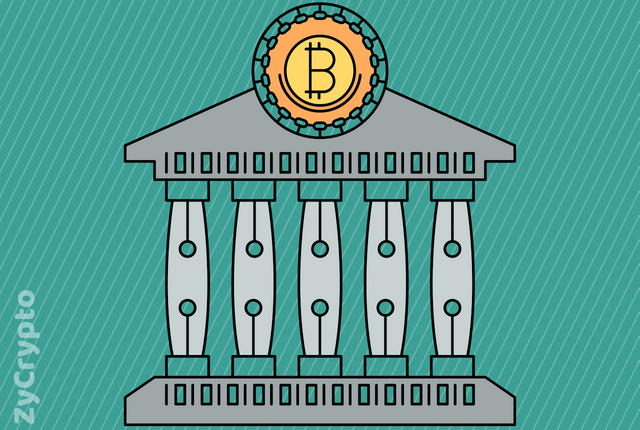The economic crisis of 2008 brought the world’s attention to the need for an alternative means of doing business without much risk of a backlash, and that’s why Bitcoin received so much support when the pioneer cryptocurrency entered the market in 2009.
However, it should be remembered that it’s the perceived failure of the banking system that propelled the rise of Bitcoin. So what if banks had a new way to end Bitcoin?
According to Rebecca Harding who works as the CEO of Coriolis Technologies, banks are already forging the bullet to tackle cryptocurrencies and Bitcoin in particular. In her view, the recent moves by various banks to embrace cryptos and the blockchain technology points to their rather open motive to adapt to the turbulence created by cryptocurrencies in the financial world.
For example, a number of banks are already using Ripple’s RippleNet that facilitates faster and cheaper cross-border funds transfer using cryptocurrency (Ripple’s XRP in this case).
In Harding’s opinion, the rise of Bitcoin and other cryptos is like a populist response to find alternatives to a failing system, but if this system were to be “fixed,” then the apparent alternative would no longer hold much value.
As such, the fact that banks are now embracing blockchain products and adapting to the waves of cryptos means that they’re in deed trying to fix the broken system. However, a lot of banks are yet to fully subscribe to the idea of cryptocurrencies as they calmly wait to see how regulators will deal with the emerging industry.
In contrast, the fact that banks may seriously rival crypto’s dominance doesn’t mean that cryptocurrencies and Bitcoin in particular are headed for the cliff. It’s not easy to just pull the plug on a system that’s getting more tightly entrenched each day. However, Bitcoin’s (and crypto’s) relevance as the sole alternatives to the banking route may eventually erode as banks race to bridge the gap. But there’s a problem.
Of late, trade has largely turned into geopolitical turf wars pitting various countries that want to use their trading advantage to meet their national objectives. Take the trade war between the US and China, for example. If such issues aren’t fixed to free the banking system from their leashes, the banks stand to lose the battle with cryptos.
Advertisement






